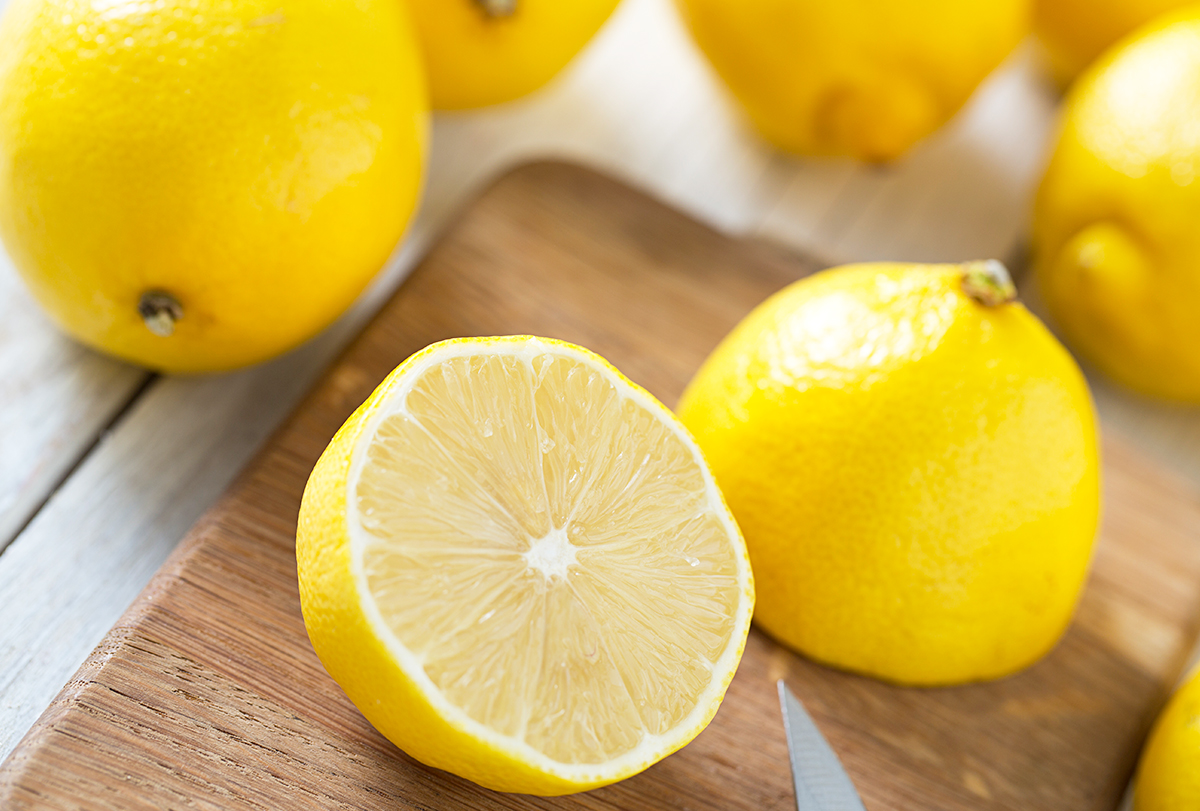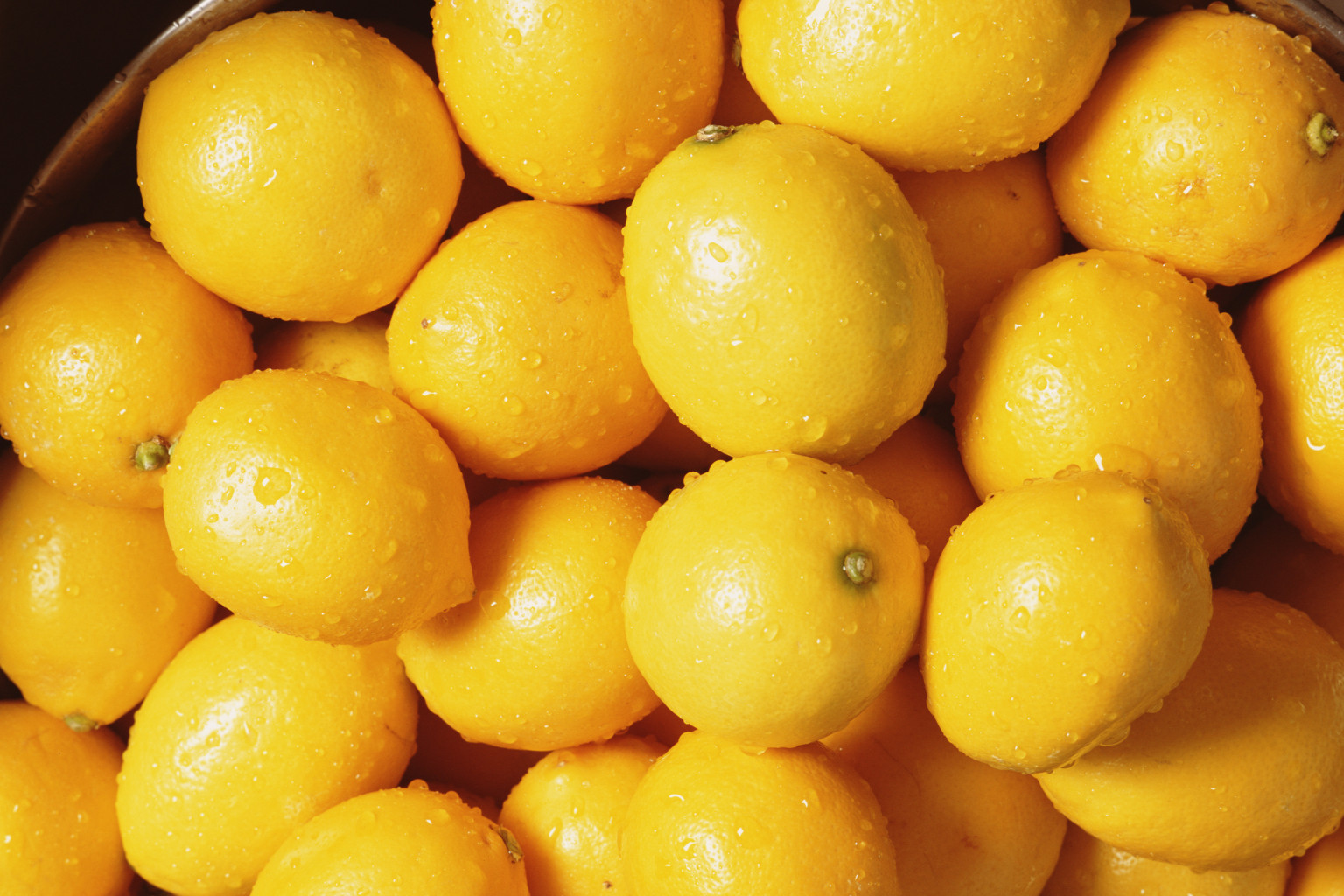Lemon Grove CA- Caring For Your Citrus And Garden Friends
For anyone who calls Lemon Grove, California, home, or simply has a fondness for growing things in a sunny spot, there's a good chance you appreciate the life that green leaves and bright fruit bring to a space. This area, with its pleasant climate, is, you know, just perfect for all sorts of plant life, especially those with a zesty appeal. It’s pretty common to see citrus trees thriving in many yards, offering up their fragrant blossoms and, of course, their juicy produce. But, as with any living thing, these garden companions sometimes need a little extra care or, you know, just a bit of help to stay at their best.
Sometimes, what looks like a healthy plant can have a few little surprises pop up, perhaps a tiny creature making itself at home on a leaf, or maybe some of the developing fruits just decide to take a tumble before they're ready. These sorts of occurrences can, in a way, make a person wonder what's really going on with their beloved trees or groundcover. It’s a bit like trying to figure out a puzzle, figuring out what your plant needs to keep looking its finest and giving you all those wonderful things it's supposed to.
We've gathered some thoughts and experiences from others who’ve faced similar situations with their garden plants, particularly those lovely lemon trees that are so popular here. We'll talk about what might be causing some of those common issues and, you know, offer some friendly insights into how to keep your green friends happy and productive. It’s all about giving your plants the best chance to grow strong and give you plenty of good things to enjoy.
Table of Contents
- What's Happening with Your Lemon Grove CA Citrus?
- Dealing with Tiny Shell-Dwellers in Lemon Grove CA Gardens
- Why Do Little Lemons Drop in Lemon Grove CA?
- Helping New Plantings Settle in Lemon Grove CA
- Are Your Potted Lemon Grove CA Plants Feeling the Chill?
- Keeping an Eye on Winter Woes in Lemon Grove CA
- What About Other Lemon Grove CA Garden Favorites?
- Understanding Your Lemon Grove CA Groundcover and Sunflowers
What's Happening with Your Lemon Grove CA Citrus?
Sometimes, a lemon tree, especially one that’s been giving you excellent produce, might start to show some signs of, well, something being a little off. You might notice something unusual on the leaves or stems. For instance, those tiny, hard-shelled creatures, often called scale insects, are something citrus trees, like the ones you see so often around Lemon Grove, are quite susceptible to. These little beings are, in a way, quite clever, growing a tough outer covering that really does protect them from a lot of things. They sort of just sit there, sipping on the plant's juices, and over time, if there are too many of them, they can make your tree look a bit sad and not quite as lively as it should be. It’s a common occurrence, so if you spot something like this, you're certainly not alone in dealing with it. Just a little observation can go a long way in catching these things early, so you can help your tree bounce back to its usual, fruitful self.
Dealing with Tiny Shell-Dwellers in Lemon Grove CA Gardens
When you see these little shell-covered visitors on your citrus plants, it’s a sign that they've found a cozy spot to settle down. These particular insects are, you know, rather good at blending in, often looking like small bumps on the branches or the undersides of leaves. Their tough outer layer means that, basically, they're quite well-protected from many things that might try to get rid of them. If you're growing lemons in a place like Lemon Grove, California, where citrus trees are so comfortable, you might run into these guests from time to time. The key is to notice them before they really get comfortable and start to cause more widespread trouble for your tree. Keeping an eye on the overall health of your plant, looking for any changes in leaf color or general vigor, can help you spot these little creatures early on, allowing you to address the situation with a gentle touch and bring your plant back to its best state of well-being. It’s a bit of a detective job, but very rewarding when your tree starts to perk up.
Why Do Little Lemons Drop in Lemon Grove CA?
It can be a bit disheartening when your lemon tree, especially a Meyer lemon, puts out a lot of beautiful blooms and then seems to be doing so well, producing plenty of tiny little fruits, only for many of them to fall off after a month or two. This is, actually, a rather common occurrence and, in many cases, it’s just part of how the plant naturally manages its resources. Lemon plants, you see, are quite generous, producing many more flowers and small fruits than they can realistically support and bring to full size. So, the tree sort of makes a decision, letting go of the excess as a way of ensuring that the remaining fruits get enough energy and nutrients to grow big and juicy. It’s a natural thinning process, really, and it means the tree is just being efficient with what it has. If your tree is in a sunroom, for example, or a spot in Lemon Grove that gets plenty of bright light, it might still do this. It’s not necessarily a sign of trouble, just the plant doing what it needs to do to thrive and give you the best possible harvest from the fruits that remain on the branches.
Helping New Plantings Settle in Lemon Grove CA
Sometimes, when a plant, like a lemon tree, is moved from one spot to another, it can experience something akin to a little bit of shock. This is often called transplant shock, and it’s a very real thing that can cause those small lemons to fall off. The tree is, you know, just trying to adjust to its new surroundings, and that can take a bit of energy. When a tree is getting used to a new home, perhaps in a garden in Lemon Grove, its roots need to spread out and get comfortable in the new soil, and its leaves need to adapt to the new light and air conditions. During this adjustment period, the tree might decide to shed some of its tiny fruits to conserve energy, putting all its efforts into establishing itself firmly in its new spot. It’s a temporary phase, and with a little patience and proper care, like making sure it gets enough water without being waterlogged, the tree will eventually settle in and start producing those wonderful lemons again. It’s just a matter of giving it time to feel at home, so to speak, in its new surroundings.
Are Your Potted Lemon Grove CA Plants Feeling the Chill?
For those who keep their lemon trees in pots, moving them indoors for the colder months, even in a place like Lemon Grove where winters are mild, can sometimes bring on a few unexpected issues. Over the winter, for instance, the leaves of a potted lemon tree might start to look a bit spotted, which can be a sign of something going on. Someone who was watering it might even notice what looks like fine spider webs on the branches or between the leaves. When you return home and see this, it’s a pretty good indication that some tiny pests, like spider mites, have found a warm, dry spot to make their home. These little creatures tend to thrive indoors where the air can be drier and there are fewer natural predators to keep them in check. It’s a common challenge when you bring a plant inside, as the change in environment can make them more susceptible to these sorts of visitors. Knowing this can help you keep a closer eye on your potted lemon tree, especially as the seasons change, and take steps to help it stay healthy and free from unwanted guests.
Keeping an Eye on Winter Woes in Lemon Grove CA
Bringing your potted lemon tree inside for the cooler parts of the year, even in a sunny spot like a sunroom in Lemon Grove, can sometimes invite a few unwanted guests. It's almost as if the change in environment, from the open air outside to the more enclosed space indoors, creates a perfect little habitat for certain tiny creatures. When you move your tree inside, it can, you know, immediately become a target for things like spider mites, which really do love the drier air found in many indoor settings. These pests can cause the leaves to turn spotted and may even create fine, web-like coverings on the plant. So, when you bring your tree in for the fall, it’s a good idea to give it a thorough check and keep an eye on it regularly. If you do spot these little nuisances, a gentle spray of something appropriate can often help to manage them, allowing your tree to get through the winter without too much stress and be ready to go back outside when the warmer weather returns. It’s all about being a bit proactive and observant.
What About Other Lemon Grove CA Garden Favorites?
Beyond the classic lemon trees, many gardens, including those in and around Lemon Grove, are home to a variety of other lovely plants that sometimes pose their own unique questions. Take, for example, variegated lemon thyme groundcover plants. Someone might wonder if they need to do anything special for these plants as the seasons change, especially over the cooler months. These groundcovers are, in a way, pretty resilient, but knowing their specific needs can help them truly flourish. Then there are Lemon Queen sunflowers, which are certainly beautiful and can grow quite well in many places, including the front range areas. However, because these particular sunflowers are hybrids, they have a few specific characteristics. They won't, you know, reseed themselves, meaning you won't get new plants popping up from the dropped seeds, and the original plant won't come back next year after it's finished its life cycle. It’s just how they are, and it’s good to know if you're planning your garden and expecting them to return on their own. Each plant has its own little quirks, and understanding them helps us give them the best care.
Understanding Your Lemon Grove CA Groundcover and Sunflowers
When it comes to caring for a variety of plants in your garden, perhaps in a sunny spot in Lemon Grove, you might find yourself with questions about different types of greenery, not just citrus. For instance, if you have variegated lemon thyme as a groundcover, you might wonder about its needs, especially as the year progresses. These plants, you know, have their own cycles, and sometimes a little attention, like a bit of trimming or protection, can help them stay healthy through different seasons. Then there are those striking Lemon Queen sunflowers. They are, you know, truly lovely to look at and can add a lot of cheer to a garden. They do grow quite well in many different spots, but it's pretty important to remember that because they are hybrids, they don't quite behave like some other plants. What this means is that they won't, actually, drop seeds that will then sprout into new plants the following year, nor will the plant itself come back once its season is over. It’s just part of their nature as a hybrid. And sometimes, even with plants that are supposed to have a certain look, like an "all gold lemon balm" that should have yellow leaves, you might find them browning. This can be a sign that something is just a little off, and it's worth looking into what might be causing that change in color, so you can help your plant get back to its intended vibrant self. Knowing these small details about your garden friends can make all the difference in keeping them happy and thriving.

Lemons: Health Benefits, Nutrition, and Side Effects

Lemons

9 Awesome Facts About Lemons You Should Know | HuffPost